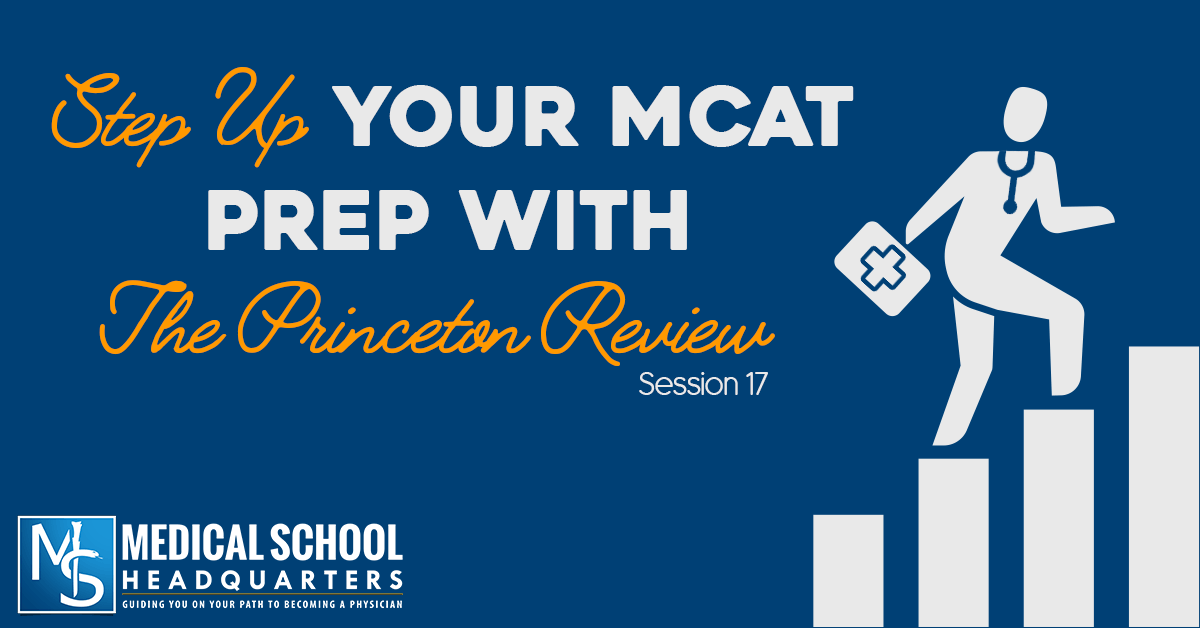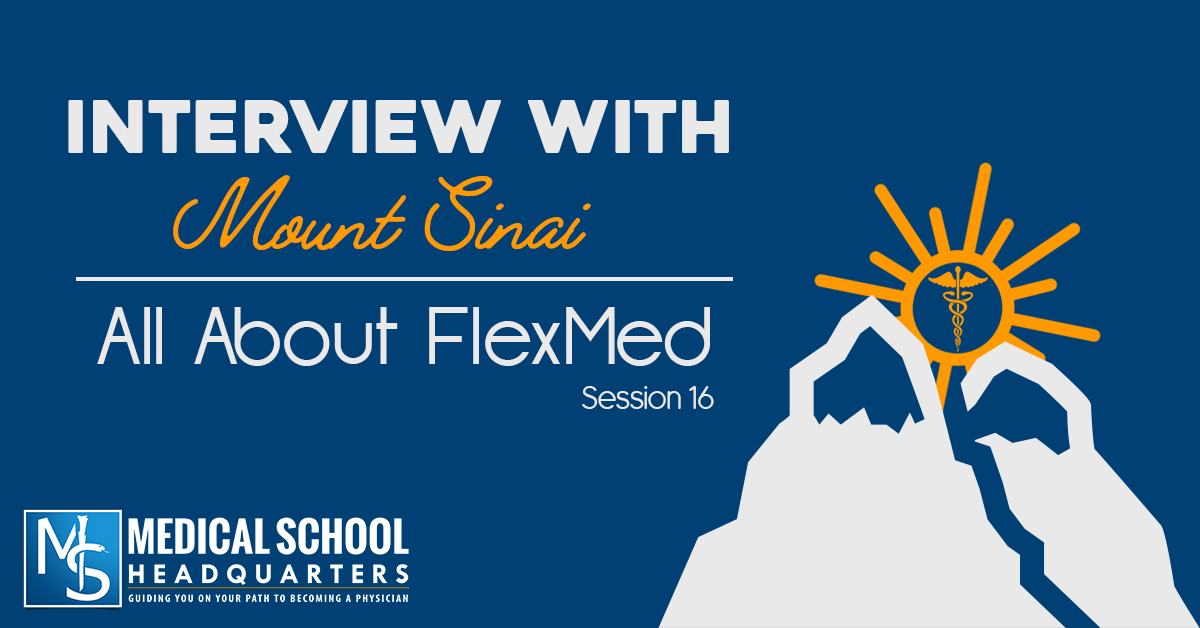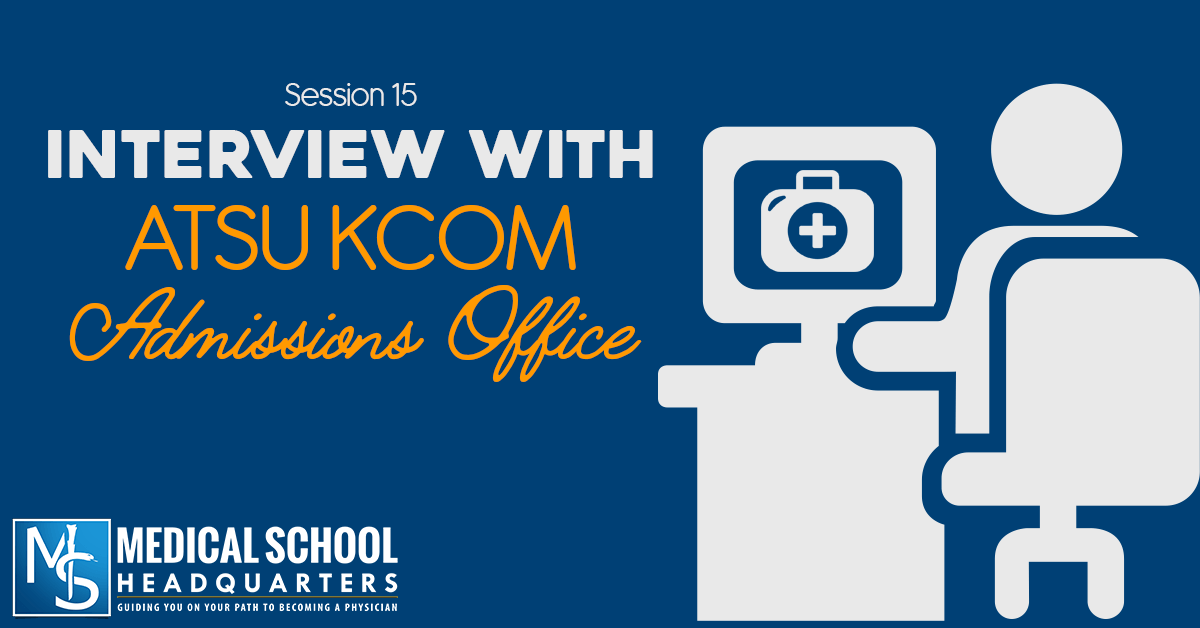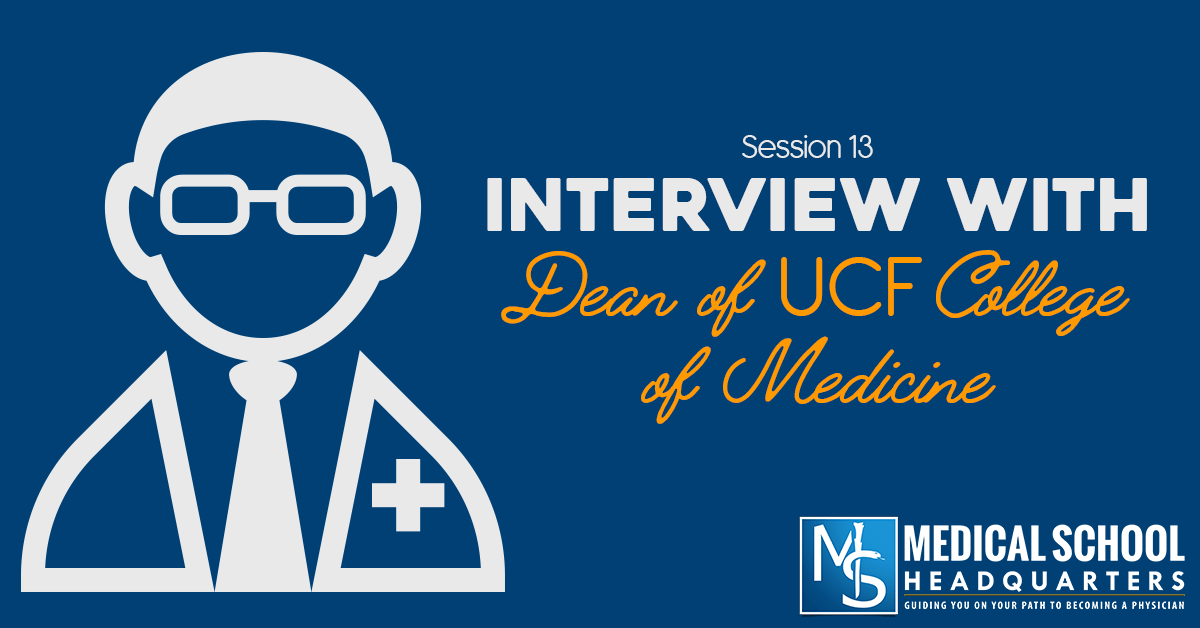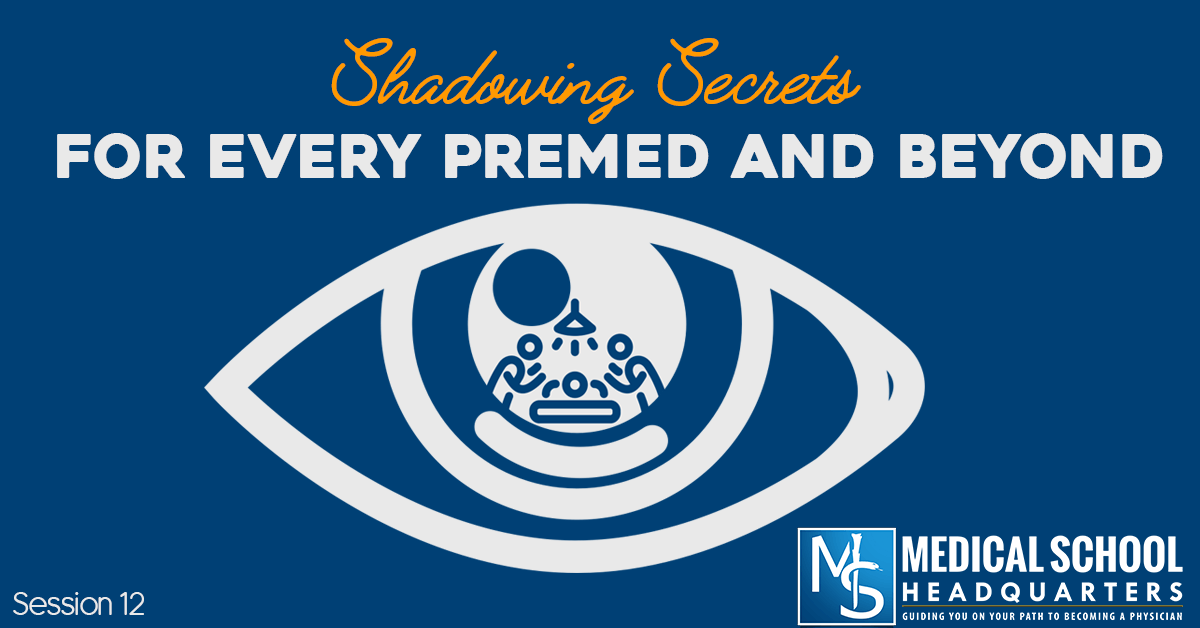Blog
RECENT POSTS
Come Listen to Me on the Lost in PreMed Podcast
Important Details About (Almost) Every Medical Specialty
Step Up Your MCAT Prep with The Princeton Review
The Premed Years had the opportunity to talk to Chris Manuel from The Princeton Review. He talks about the key things to know about the MCAT - how to prepare for the MCAT, do's and don'ts and more. Take a listen to hear from somebody who scored in the 99.9% (he thinks he missed 6 questions overall).
Even if you are going to take Kaplan or any other MCAT Prep course, listen to this podcast. We do go over some of the ways The Princeton Review can help you, and some of the advantages it may have over other test prep companies, but Chris also explains a lot about what and how he teaches MCAT Prep to his students and other teachers.
Chris also gives some great tips for all pre med students, including what to major in to get the best GPA, the type of volunteering to do, and even jobs to get in the hospital. To top it off, he also talks about what to write about in your personal statement.
All About FlexMed: Interview with Mount Sinai
What an opportunity we had for this session of The Premed Years! Dr. Muller, Dean for Medical Education at Icahn School of Medicine at Mount Sinai (MSSM) took some time to go in-depth with us about FlexMed.
FlexMed is the newest iteration on what MSSM has had since 1987, HuMed. HuMed has allowed college sophomores and juniors to apply to MSSM and if accepted, skip the majority of the "normal" premed requirements. This includes not taking the MCAT! This has allowed the students to follow their passions in other areas, whether it be language, writing or something else.
Dr. Muller shares with us how FlexMed is taking everything they have learned from HuMed, and improving upon it moving forward. HuMed historically has been a 1/4 of the incoming class. FlexMed looks to have that increase to 1/2 of the class in the coming years.
In 2010 Dr. Muller and others published an article (link below) in the journal of Academic Medicine showing that, for the most part, HuMed students do just as well as "normal" premed students.
For interested students, listen to find out who the ideal applicant is for the FlexMed program.
Interview with ATSU KCOM Admissions Office
For session 15, The Premed Years welcomes David Koenecke, the Assistant Vice President of Admissions at A.T. Still University's Kirksville College of Osteopathic Medicine (KCOM).
David shares some of the history of KCOM with us. If you don't know, KCOM was THE FIRST osteopathic medical school in the world. It was formerly known as American School of Osteopathy.
Interview with TheBiopsy.com Publisher Roheet
In Session 14 of The Premed Years, Roheet from TheBiopsy.com was kind enough to sit down with us and share his journey through the pre med process. Listen to find out how a newspaper changed his career path.
Roheet graduated from UCSD with a biomedical engineering degree and is currently in his gap year. He is in the middle of interview season, hoping to land one of the 20,000 or so seats to next years starting allopathic medical school class.
He is in a gap year because he had to reapply, not getting in to medical school his first time applying. Something not unusual these days, and something I had to do as well. He had a great MCAT score, a 33. He also had a good GPA at 3.6. So what was the biggest reason he didn't get in the first time? Better question, what was the reason he didn't even get an interview?

